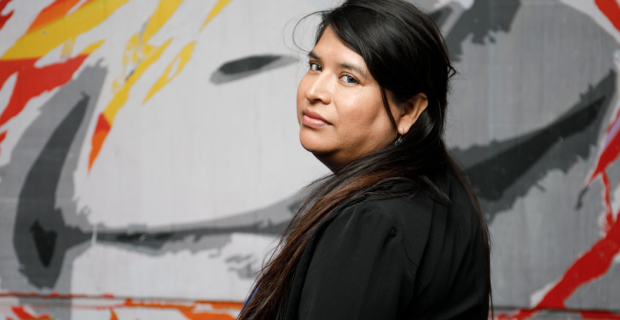
In a touching feature article on Saturday, Agence France-Presse through the AsiaOne website published the stories of two transgender women and their journey in becoming the people they were meant to be.
When Clemence Zamora-Cruz started having feelings of wanting to change her gender, she opened herself up to a life filled with hurts and attacks.
Zamora-Cruz, 42, born in Mexico, said she was punished immediately and suffered hair-pulling, beatings, and being spitted on.
“When you’re identified as a boy but you feel you’re a girl, people seek to normalize you,” she narrated. “For me, this normalization was done through violence.”
She fled to France at age 20 after years of suffering and homelessness.
At school, some of her professors refused to acknowledge the gender identity she identified with. She was accused of fraud and was meted with a fine because her papers still shows her gender as male.
“The transition never stops,” she said. ‘It is the experience of a lifetime.”
While Zamora-Cruz is now married, she says that she still experiences invasive questions about her transition, a situation that she considers a form of harassment.
It was the same tale of pain that French transgender woman Christelle experienced.
Refusing to let her last name published, Chrstelle’s 34 year-long journey to transitioning as a woman is marked with three suicide attempts.
“I knew since I was very little,” she explained, “but I had to find the courage to talk about it.”
She was married when she came out. Her wife left her after knowing about it, and her son stopped communicating with her.
Moreover, she had to endure the agonizing process of medical transition.
She underwent electrolysis, a hair-removal procedure, that felt like she was bitten thousands of times during each session.
Her gender reassignment operation in Thailand which replaced her male sexual organs with a female anatomy brought her in tears every day. She said, “But I had to go through it in order for me to have a normal personal life.”
Just like Zamora-Cruz, Christelle, 45, is happily married to a soldier and continues to work in the military. They had a child as a couple through the help of assisted reproductive technology.
Looking back, she felt that all the things she endured were worth it. “If I had not gone through a transition, I wouldn’t be here… That’s a given.”
France is home to 30,000 transgender people according to official estimate, but advocates believed that there are tens of thousands more. In October last year, the government allowed them easier way to legally change their gender.
According to the U.S. National Lesbian and Gay Journalists Association, a transgender individual who is undergoing transition into a new gender identity is changing the physical and sexual characteristic associated with their sex at birth, and that the process can be complex.
Psychiatrist Thierry Gallarda whose specialization is focusing on transgender issues, said that transition is the only way out for many transgender individuals.
“If there is one common point in all of these trajectories is the idea of inevitability,” Gallarda said. “For all of my trans patients, there is no other choice”.
Transitioning can be easier if the patient is young, healthy, and able to pay the costs of the required operations.
However, it can also be difficult for certain body types. For instance, it’s easier for some transgender patients to have female-to-male conversion than the other way around, Catherine Bremont, an endocrinologist, said.
This is because the hormone testosterone can quickly produce physical effects such as hair growth and deepening voice.
She stated, “Whether men are tall, short, bald, hairy, muscular or small, we never question their manhood … But for a woman, there will be required standards”.
Anraud Alessandrin, a sociologist, said that less than half of trans individuals avail of gender reassignment surgery. They are likely to be vulnerable to discrimination in their search for who they truly are.



1 Trackback / Pingback